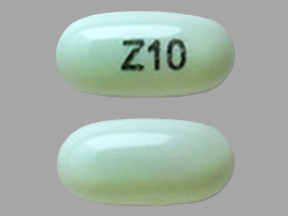Paricalcitol Interactions
There are 158 drugs known to interact with paricalcitol, along with 4 disease interactions, and 1 alcohol/food interaction. Of the total drug interactions, 12 are major, and 146 are moderate.
- View all 158 medications that may interact with paricalcitol
- View paricalcitol alcohol/food interactions (1)
- View paricalcitol disease interactions (4)
Most frequently checked interactions
View interaction reports for paricalcitol and the medicines listed below.
- Advair Diskus (fluticasone / salmeterol)
- Aranesp (darbepoetin alfa)
- Aspir 81 (aspirin)
- Aspirin Low Strength (aspirin)
- Breo Ellipta (fluticasone / vilanterol)
- Bystolic (nebivolol)
- Calcium 600 D (calcium / vitamin d)
- CellCept (mycophenolate mofetil)
- Colace (docusate)
- CoQ10 (ubiquinone)
- Crestor (rosuvastatin)
- Eliquis (apixaban)
- Fish Oil (omega-3 polyunsaturated fatty acids)
- Januvia (sitagliptin)
- Lantus (insulin glargine)
- Lasix (furosemide)
- Lokelma (sodium zirconium cyclosilicate)
- Lovaza (omega-3 polyunsaturated fatty acids)
- Metoprolol Succinate ER (metoprolol)
- Metoprolol Tartrate (metoprolol)
- NovoLog FlexPen (insulin aspart)
- Paracetamol (acetaminophen)
- Plavix (clopidogrel)
- ProAir HFA (albuterol)
- Rena-Vite (multivitamin)
- Synthroid (levothyroxine)
- Tums Smoothies (calcium carbonate)
- Vitamin B6 (pyridoxine)
- Vitamin D2 (ergocalciferol)
- Vitamin D3 (cholecalciferol)
Paricalcitol alcohol/food interactions
There is 1 alcohol/food interaction with paricalcitol.
Paricalcitol disease interactions
There are 4 disease interactions with paricalcitol which include:
More about paricalcitol
- paricalcitol consumer information
- Compare alternatives
- Pricing & coupons
- Drug images
- Side effects
- Dosage information
- During pregnancy
- Drug class: vitamins
- En español
Related treatment guides
Drug Interaction Classification
| Highly clinically significant. Avoid combinations; the risk of the interaction outweighs the benefit. | |
| Moderately clinically significant. Usually avoid combinations; use it only under special circumstances. | |
| Minimally clinically significant. Minimize risk; assess risk and consider an alternative drug, take steps to circumvent the interaction risk and/or institute a monitoring plan. | |
| No interaction information available. |
See also:
Further information
Always consult your healthcare provider to ensure the information displayed on this page applies to your personal circumstances.


